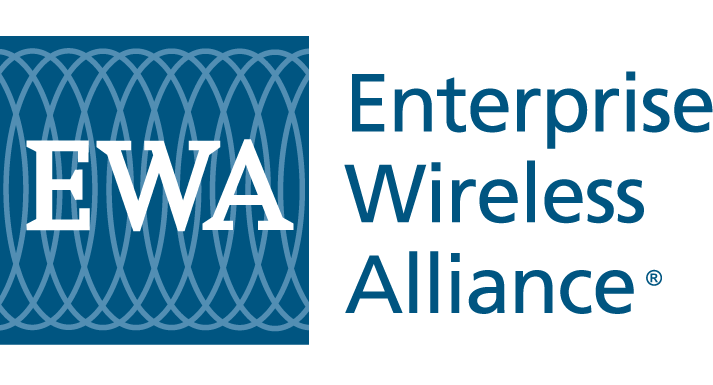Industry Views Revealed: 800 MHz System Coverage/Capacity Expansion Potential
In August, the Federal Communications Commission (FCC) released a Notice of Proposed Rulemaking (NPRM) that proposes an opportunity for Business/Industrial Land Transportation (B/ILT) and public safety incumbent 800 MHz licensees to have priority access for a limited time period to 800 MHz Expansion Band (EB) B/ILT channels – or at least whatever EB B/ILT channels are still available – before making it accessible to new entrants. The LMCC had requested time-limited priority access for all 800 MHz incumbents to all EB and Guard Band (GB) channels along with a temporary lifting of the inter-category sharing freeze, but the FCC proposed a much more limited scope of relief. Interested parties recently filed comments in response to this proposal on November 22, a summary of which follows for your information.
EWA, the Association of American Railroads (AAR), the Land Mobile Communications Council (LMCC), Manufacturers Radio Frequency Advisory Committee (MRFAC) and the Utilities Technology Council (UTC) supported the original LMCC proposal to provide all incumbents, regardless of eligibility, priority access to all available channels within the EB/GB. In its comments, EWA added that Industrial/Business T-Band and 900 MHz incumbents should also be eligible for priority access to the spectrum; that the FCC should lift the inter-category sharing freeze on interleaved as well as EB/GB channels; that construction verification should be required six months after license grant accompanied by a sworn affidavit from site owners/managers verifying that the system is operational; and, that only advanced, spectrally efficient digital trunked technologies, or ones with equivalent spectrum efficiency, should be deployed on the newly released channels.
For reasons unknown, both the American Association of State Highway and Transportation Officials (AASHTO) and the Wireless Infrastructure Association (WIA) opposed any priority access for incumbent licensees. With typical public safety hubris, the Association of Public-Safety Communications Officials-International, Inc. (APCO) suggested that only public safety incumbents should be afforded priority access and, not far behind, the National Public Safety Telecommunications Council (NPSTC) recommended that only public safety and B/ILT licensees should have priority access, excluding for no justifiable reason private carriers who service both B/ILT and public safety communication needs. M2M Spectrum Networks, LLC and associated minions filed comments opposing any incumbent preferences based on the notion that this band is best suited for Internet of Things (IoT) purposes, although M2M does not appear to have any type-accepted products available for such purposes at 800 MHz, nor is it believed to have 800 MHz IoT operations in places its supporters claimed to be accessing M2M’s system capabilities.
Reply Comments are due on December 22. Please contact me if you have any questions or comments regarding this matter.

Mark Crosby
President
mark.crosby@enterprisewireless.org
703-797-5114
